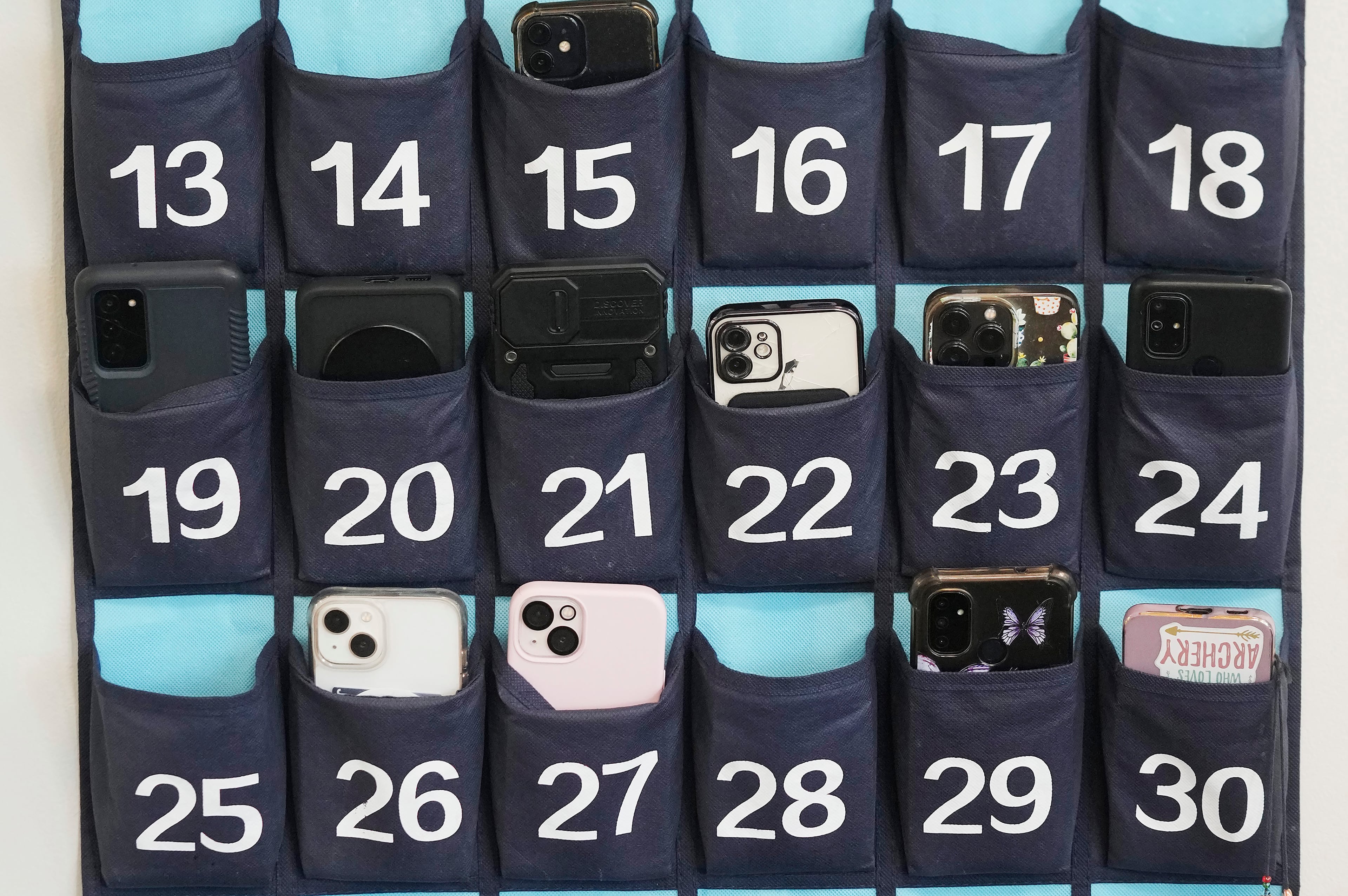Beer Town: Burnt Hickory’s Scott Hedeen on letting go and getting more grateful

Scott Hedeen is certainly one of the most colorful and resourceful figures on the Atlanta beer scene.
In 2012, when Hedeen opened Burnt Hickory Brewing in Kennesaw, I wrote that "it was a fledgling 'nano' operation, barely bigger than a homebrew rig."
But I was immediately impressed by the tenacity of the retired Emmy Award-winning TV cameraman, die-hard music fan, and guitar player, who was inspired by the DIY ethos of punk rock.
As the backstory goes, Hedeen had amassed a treasure trove of ’70s, ’80s and early ’90s punk, grunge and hard-core music and memorabilia, including a Nirvana set list written by Kurt Cobain, and he sold a lot of it to help fund Burnt Hickory.
One morning last week, while we were sitting down for a talk in the brewery’s taproom, I told Hedeen I thought he was something of a craft beer pioneer.
He smiled and replied, “Let’s not forget the Donner Party were pioneers, too. It didn’t turn out so great for them, did it?”
He’d expressed similar sentiments on his new private Facebook group — “My Music, My Money, and My Mind: What I Gave Up to Open a Brewery” — and it made me wonder how he was doing now.
The forum has about 500 members, so far. And it serves as a sounding board for friends and fellow brewers, as well as a way for Hedeen to test material for the book he’s writing about his experiences. Not surprisingly, the book has the same working title as the Facebook group.
In late 2014, Hedeen ditched the nano and invested in a new 20-barrel brewhouse that expanded the brewery’s capacity up to 4,000 barrels of beer a year. More recently, he brought in a group of business-savvy partners, who are helping him operate Burnt Hickory, while he gets back to brewing full time, he told me.
“We didn’t really go that big,” Hedeen said. “We went from making 500 barrels a year to making what we do now, which is about 2,500-3,000 barrels. It’s a hamster wheel. You have to have money to make beer. You have to make beer to have money. You can’t pay the landlord in beer. I’ve tried. It doesn’t work.
“So now I have these guys who bought in on the brewery, and they are making the business work and keeping it going. That’s taken the stress off, and I’ve started brewing my own beer again. So it’s almost like the full circle thing. It all started in my basement, with me brewing.”
Delving into what he gave up to open Burnt Hickory, Hedeen was candid, as always, and surprisingly philosophical.
“I literally put myself out there, to the point where if we weren’t going to make payroll, I had to write the checks personally, from my own account,” he said. “I spent years collecting my music, traveling the country, and I cherished these things. And then I had to sell them to keep the place afloat.
“I neglected my marriage, because I was at work all the time. The stress took over. We fought. We stopped talking to each other, and my marriage of 23 years went down the tubes. We went our separate ways. It was rough. But we’re actually better friends now that we’re not married.”
Considering his life now, Hedeen said stripping away things helped him gain perspective.
“I’m learning to let go,” he said. “Selling my record collection was very hard. Not as hard as the divorce. The divorce was the worst. The hardest. I’m not going to make fun of that. But selling part of my guitar collection, and my record collection, once I did it, I felt a little lighter. I lived in a big house. Now I live in a small apartment, and I have two guitars and one amplifier.
“As far as my mind, it started to drive me crazy that people would talk bad about Burnt Hickory on social media. I had to learn to let go of that. Now I look at it as slow, manageable growth. And when it’s all said and done, you can at least say, ‘I did what I wanted to do, and I made the beer I wanted to make.’
“Sometimes I stop and see my beer on the shelf at Publix or Kroger, and all of the sudden, at that point, it feels like it’s worth it. I can step back, take a look at what I’ve got, and be grateful.”
RELATED:
Read more stories like this by liking Atlanta Restaurant Scene on Facebook, following @ATLDiningNews on Twitter and @ajcdining on Instagram.

